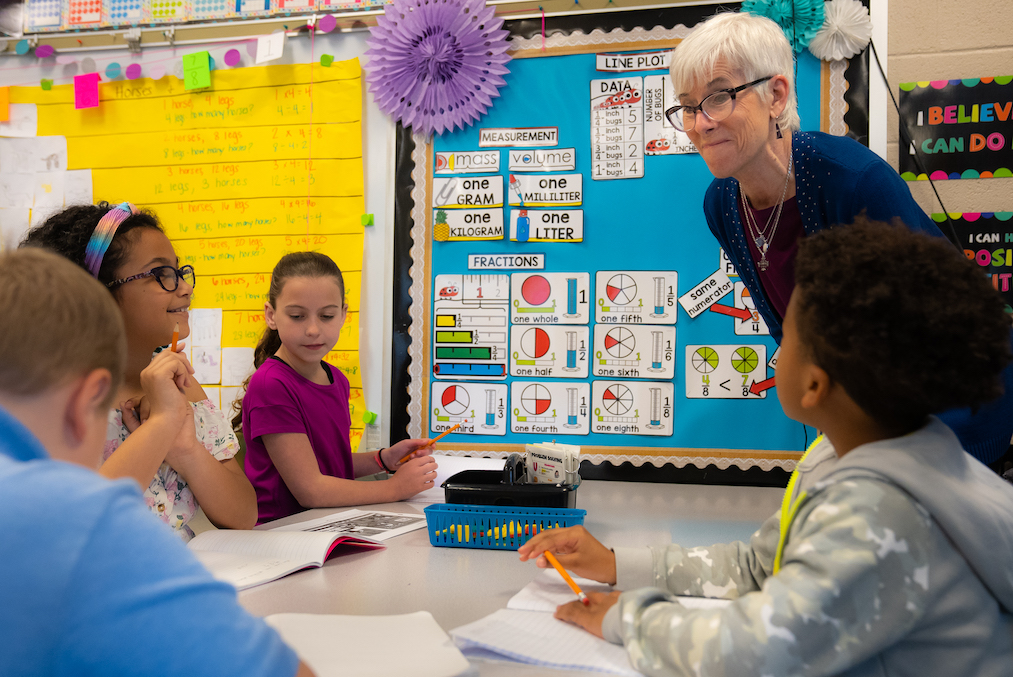February 6, 2023 — Barbara Davidson
I recently had occasion to reread an article, written in spring 2003, by University of Virginia Professor Emeritus E.D. Hirsch, Jr. entitled, “Reading Comprehension Requires Knowledge of Words and the World.” This seminal piece, published in American Educator magazine, is where Hirsch introduced the world to the compelling research about the limits of working memory and its role in fluency, the importance of oral language comprehension, why nonfiction is so vital for young learners, the impact that multiple exposures to a word can have on meaning-making, how reliant the brain is on being able to create mental schema, and concerns about over-teaching formal comprehension strategies (like finding the main idea and predicting).
This article—which makes the case clearly and powerfully for why knowledge matters—is as relevant today as it was 20 years ago when it came out. (In fact, it’s arguably more important as the anti-knowledge, “Kids can Google it” refrain has proliferated in the ed tech era.) I urge everyone to read it.
Fortunately, the tide is beginning to turn. Knowledge-building curriculum is becoming a mature and growing category, with both educators and students inspired by the shifts in teaching and learning these curricula make possible, as our Knowledge Matters School Tour has shown. Columnist Natalie Wexler has kept knowledge in the news, and journalists are covering the role of knowledge in reading and writing success.
Perhaps the most encouraging news is that journalism has helped to bridge the divide between researchers and teachers. Emily Hanford pioneered this connection for phonics, bringing the wisdom of Marilyn Adams, Mark Seidenberg, David Kilpatrick, and many others to the field. Her success demonstrated an appetite among educators for professional learning about reading research.

Our Scientific Advisory Committee has been energized by that interest. In 2022, they issued a call to the field and to journalists to elevate knowledge in the Science of Reading conversation. In 2023, we aspire to create a “Hanford effect” for knowledge.
Today, we debut a new column, In The Know. It will serve as a platform for sharing the latest research on the role of knowledge, at a time when new studies and meta-analyses deserve a bright spotlight. In The Know will also talk in tangible terms about translating this research into practice. We mean to connect the insights of researchers with K-12 educators, whose interest is more apparent than ever, and vice-versa, to connect educators with the research community when there are opportunities to learn from experiences in schools.
I can think of no better way to celebrate the 20th anniversary of Hirsch’s article than to accelerate efforts to bridge this divide. We aim to make research actionable, relatable, and irresistible, and we hope you will let us know how we are doing. You can also help by celebrating #KnowledgeMatters virtues. The other lesson of the Hanford effect is the role of grassroots sharing in building momentum for the Science of Reading. Let’s all do the same for the Science of Reading Comprehension!